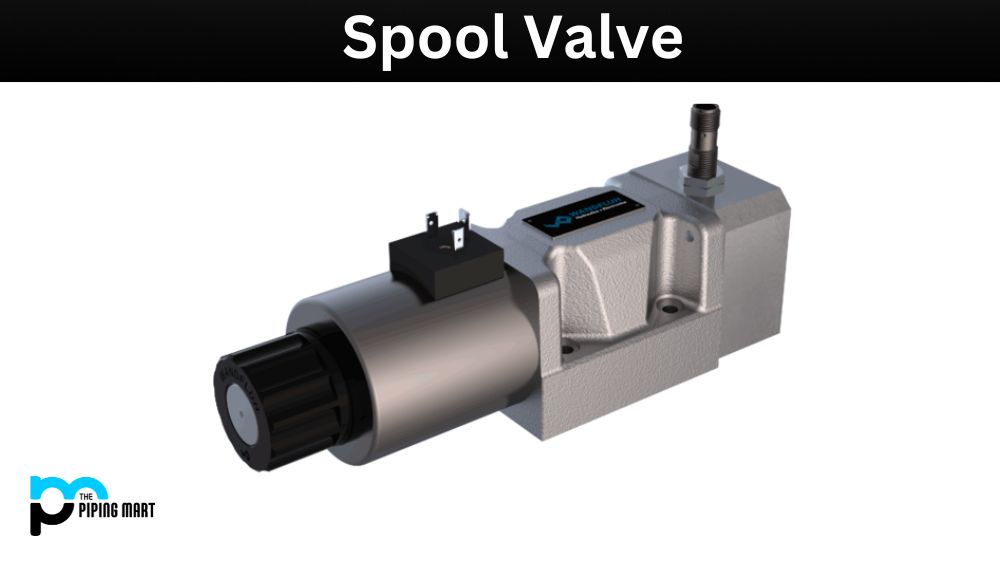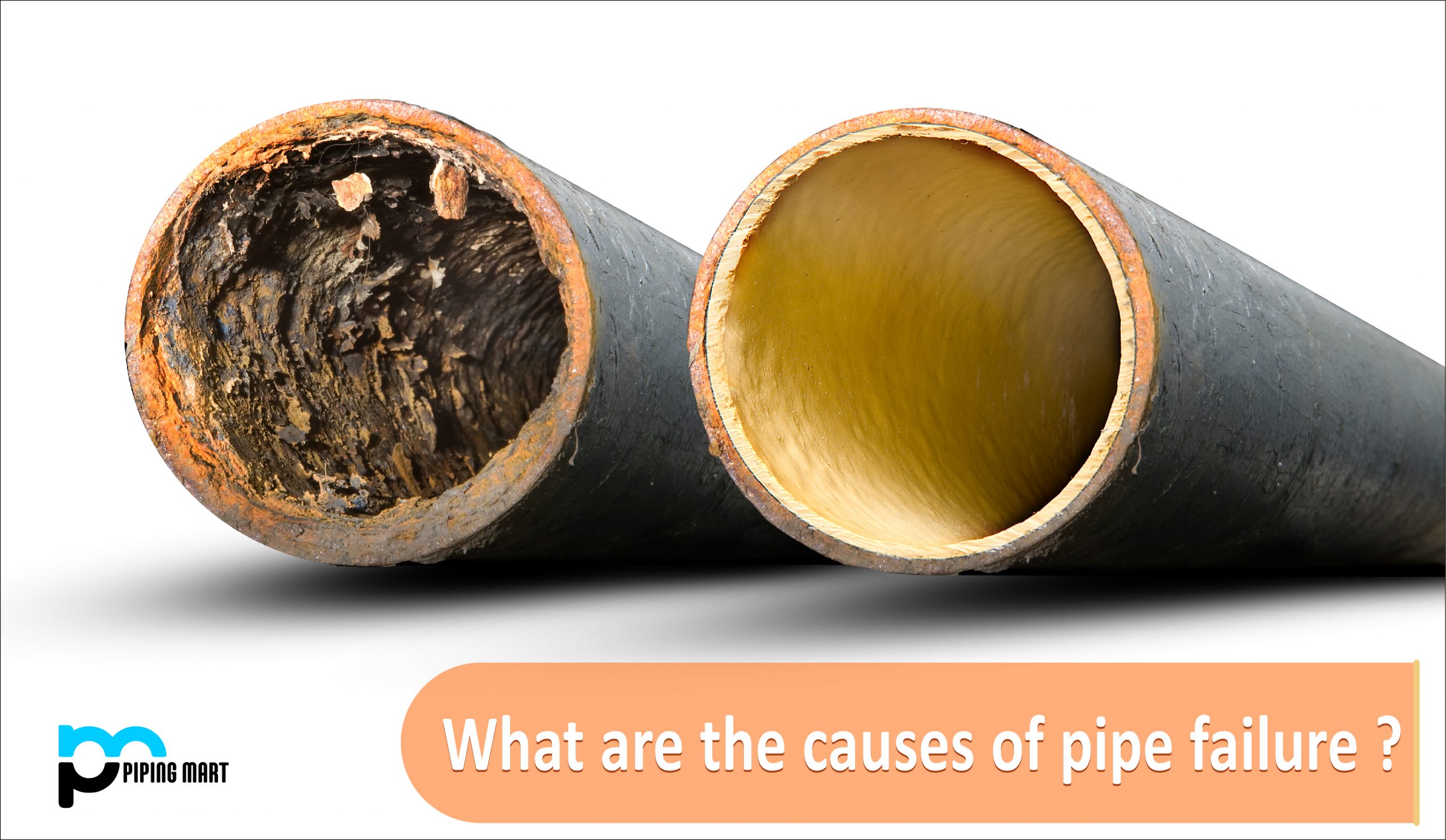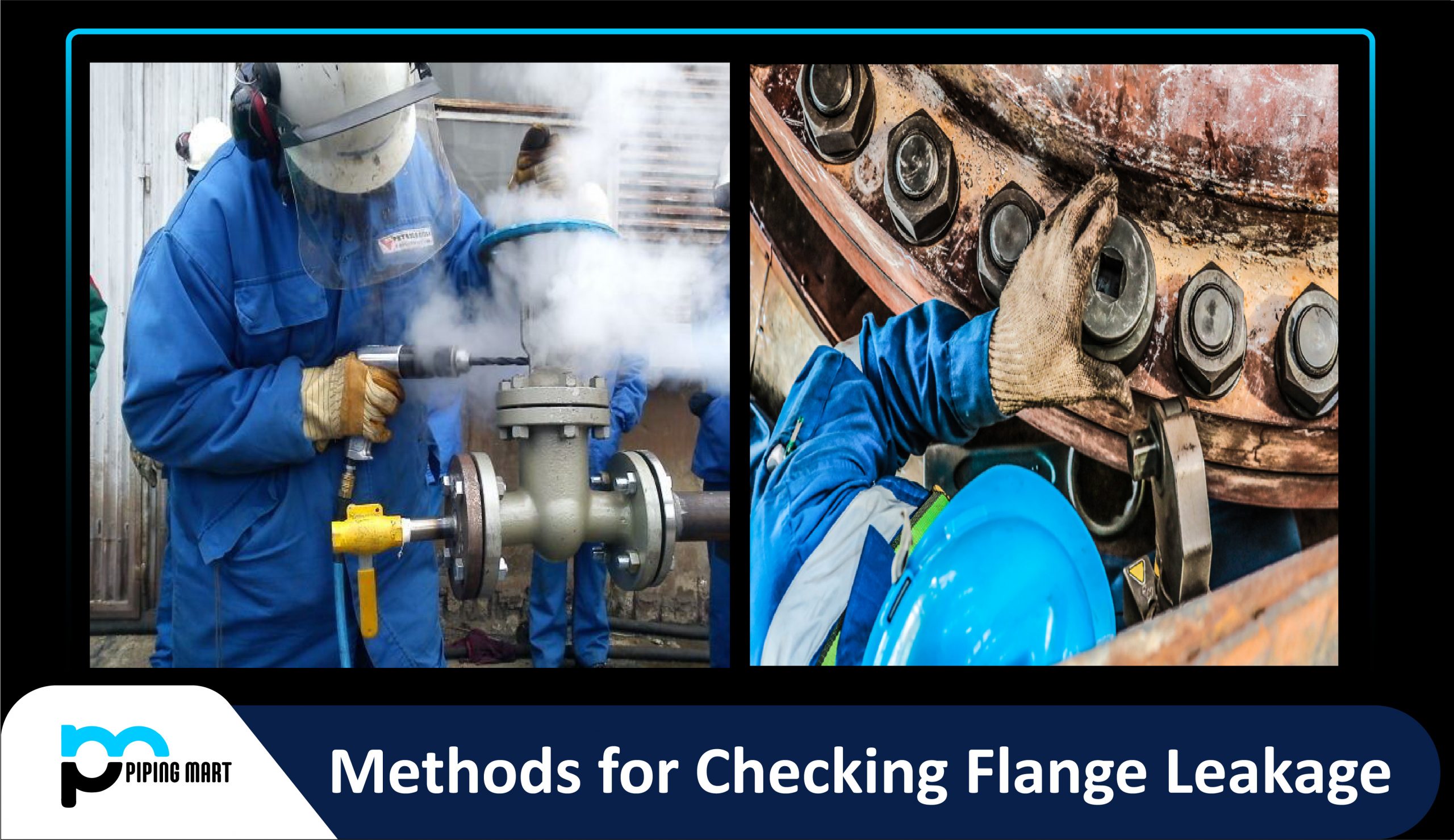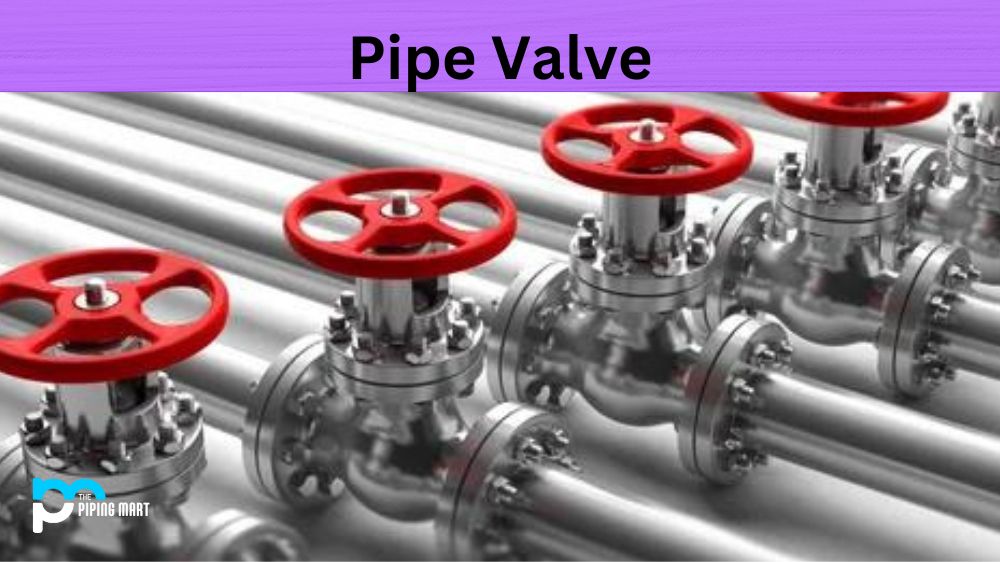Hydraulic systems rely on spool valves to control the flow of hydraulic fluid. A spool valve is a vital component of hydraulic systems in various industries, including manufacturing, construction, agriculture, and aerospace. It helps to regulate the hydraulic system’s pressure and flow, allowing the machinery or equipment to work efficiently. However, like any other component, spool valves have advantages and disadvantages. In this blog post, we will explore the pros and cons of using spool valves for hydraulic systems.
Advantages of Spool Valve
Precise Control – One of the primary benefits of spool valves is that they provide precise control over the hydraulic system’s pressure and flow. Spool valves help to regulate the amount of fluid passing through the hydraulic system, ensuring that the machinery operates at optimal efficiency.
High Flow Rates – In hydraulic systems where high flow rates are required, spool valves are an ideal choice. They can handle high-pressure loads and provide consistent flow rates, ensuring the machinery performs optimally.
Versatility – Spool valves are versatile and can be used in various hydraulic systems, including circuits that require directional control, pressure control, and flow control. Their versatility makes them an ideal choice for hydraulic systems in different industries.
Low Leakage Rates – Spool valves are designed to deliver consistent performance with low leakage rates, ensuring a long service life. They use high-quality materials to offer reliable and durable operation.
Disadvantages of Spool Valve
High Maintenance – Spool valves require regular maintenance to ensure they work correctly. They have moving parts that wear out over time, resulting in leaks and other problems. Regular maintenance ensures that the spool valve operates efficiently and lasts longer.
Inefficient Heat Dissipation – When spool valves are used in high-pressure hydraulic systems, they can generate much heat. The heat generated can cause damage to the hydraulic system, reducing its efficiency. Therefore, spool valves should be cautiously used in high-pressure hydraulic systems to prevent damage.
Cost – Spool valves are generally more expensive than other hydraulic valves. However, the cost is justified considering their superior performance and longevity.
Risk of Contamination – If spool valves are not maintained correctly, they can become contaminated with dirt, debris, or other particles. Any contamination in the hydraulic system can cause damage to the machinery and reduce the efficiency of the hydraulic system.
Conclusion:
Spool valves are an essential component of hydraulic systems used in various industries. They offer tremendous advantages, such as accurate control, high flow rates, and versatility. However, spool valves have limitations, such as the high maintenance cost, inefficient heat dissipation, and the risk of contamination. As a result, it is essential to ensure that spool valves are maintained correctly to maximize their performance and durability. With proper care and maintenance, spool valves can offer reliable and efficient operation for hydraulic systems.

Meet Bhavesh, a seasoned blogger with a wealth of knowledge and experience. From metal products manufacturing to retail, Bhavesh has a diverse background in various industries and is dedicated to sharing his insights and expertise with readers.




